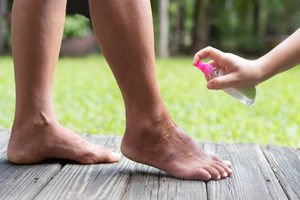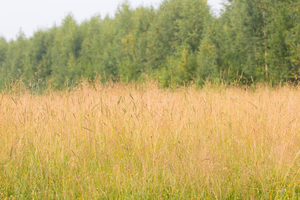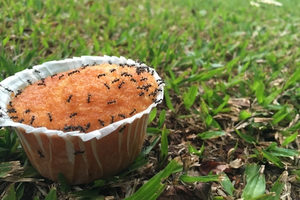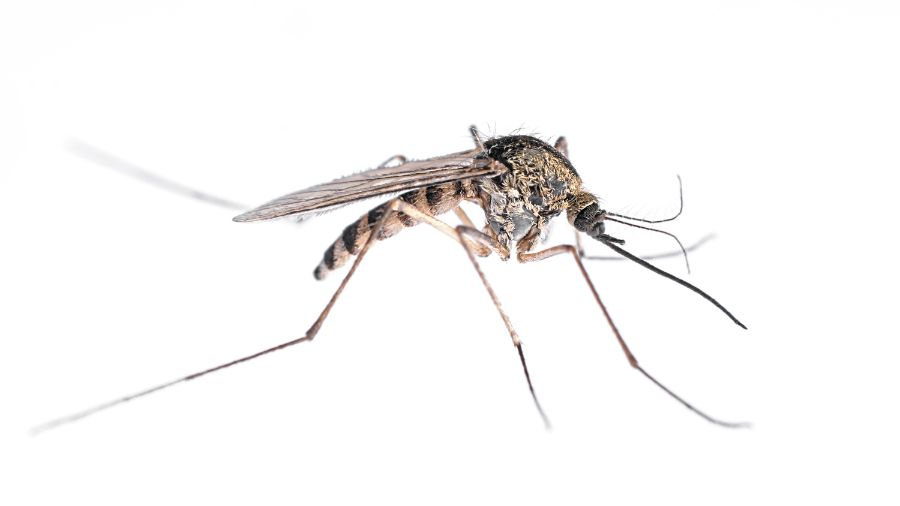It’s finally summer, and you’re going to want to spend some time outside. Unfortunately, if you actually want to enjoy your time outside, you’ll have to do something about bugs. Whether you’re camping, hiking, or just lounging around the beach, bugs are a serious concern in the summer. Luckily, all it takes to enjoy a bug-free day outside is a little preparation and common sense. That’s where we come in.
These are our top four outdoor bug safety tips for summer. Next time you’re planning a nice day outdoors, review these important safety tips. Imagine: you’ll never have to itch another bug bite again! Follow these tips, and the dream could come true this summer.
Use bug spray appropriately
 Yes, there are right and wrong ways to use bug spray. Applying bug spray effectively is easily the most effective way to keep bugs away while you’re outdoors this summer. Here are the bug spray “dos” and “don’ts” you should know.
Yes, there are right and wrong ways to use bug spray. Applying bug spray effectively is easily the most effective way to keep bugs away while you’re outdoors this summer. Here are the bug spray “dos” and “don’ts” you should know.
When applying bug spray, DO:
- Make sure the bug spray you’re using is EPA tested and approved.
- Carefully read and follow the directions listed on your specific bug spray.
- Apply the spray as directed by the spray’s instructions.
- (Generally) mist the spray over your body and clothing from a distance.
- Make sure to hit exposed parts of your body, such as your arms, legs, and neck.
- Re-apply the spray exactly as often as the instructions direct you to.
- Wash off the spray as soon as you’re no longer outside.
DO NOT:
- Apply the spray to your face, mouth, eyes, hands, ears, or mouth.
- Apply the spray to wounds or broken skin.
- Ingest or breathe in the spray.
- Apply the spray to areas of your body that will be covered by clothing, such as your chest or stomach.
- Attempt to use the spray to kill bugs that come near you.
Cover vulnerable areas
 Mosquitoes, ticks, and other biting insects naturally target some parts of the human body more than others. In some cases, it’s because these areas are the most accessible or the easiest to sneak to. In other cases, it’s because skin is thin on certain parts of the body, so it’s easier to sting through.
Mosquitoes, ticks, and other biting insects naturally target some parts of the human body more than others. In some cases, it’s because these areas are the most accessible or the easiest to sneak to. In other cases, it’s because skin is thin on certain parts of the body, so it’s easier to sting through.
The ankles, lower legs, back of the knees, armpits, neck, and ears ears are particularly vulnerable to bug bites. It’s a good idea to cover these areas with clothing while outside, even if you’re regularly applying bug spray. Wear high socks, long pants, long sleeves, and hat when you’re spending time in heavily bug-infested places.
Avoid bug hot spots
 No matter where you’re going, there are ways you can stay out of the most bug-infested areas. Ticks use tall grass and other low-to-mid height plant life to hunt or “quest.” They climb to the top of the grass and wait for unsuspecting prey to wander by. Staying out of tall grass or heavy vegetation will help you avoid the worst tick risks while outside.
No matter where you’re going, there are ways you can stay out of the most bug-infested areas. Ticks use tall grass and other low-to-mid height plant life to hunt or “quest.” They climb to the top of the grass and wait for unsuspecting prey to wander by. Staying out of tall grass or heavy vegetation will help you avoid the worst tick risks while outside.
Mosquitoes live in shady, dark areas near water. Avoid spending too much time in heavily forested areas or near pools of stagnant water like bogs. In general, try to stay out of (or at least don’t linger in) overgrown areas. Stay out in the open, preferably on high ground with well-kept landscaping.
Don’t attract bugs to you
 All kinds of stuff can attract different kinds of bugs. Some of it is obvious: sugary foods attract ants, wasps, and other carb consumers. Light sources draw in moths. Flies will flock to garbage and rotting food. Some of it is less-than-obvious, however. Water and especially beer attract mosquitoes, gnats, and fruit flies, especially if you leave it out.
All kinds of stuff can attract different kinds of bugs. Some of it is obvious: sugary foods attract ants, wasps, and other carb consumers. Light sources draw in moths. Flies will flock to garbage and rotting food. Some of it is less-than-obvious, however. Water and especially beer attract mosquitoes, gnats, and fruit flies, especially if you leave it out.
Any experienced camper knows you have to think about how to protect food and supplies from wildlife. Think of this the same way, but with bugs instead of bears. Take some time to consider how you’re transporting and storing the stuff you bring outside with you. Make sure liquids are sealed up properly when you’re not drinking them. Store food in airtight, covered containers that don’t let the smell escape. Move garbage away from where you’re staying.
All four of these tips have something in common: they’re very simple! Protecting yourself against summer bugs isn’t complicated, even if you’re deep in their territory. Always keep bugs in mind when you’re outside, and you won’t have to think about them about when you’re itching bites later.
That covers the outdoors, but what about inside? Well, Griffin has your back there, too. If you have a bug infestation problem in your home, give us a call any time. We have the tools and experience to take care of any pest infestation, so you can get back to enjoying your summer.

